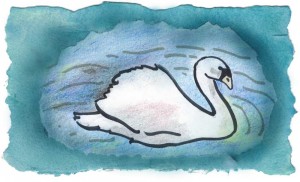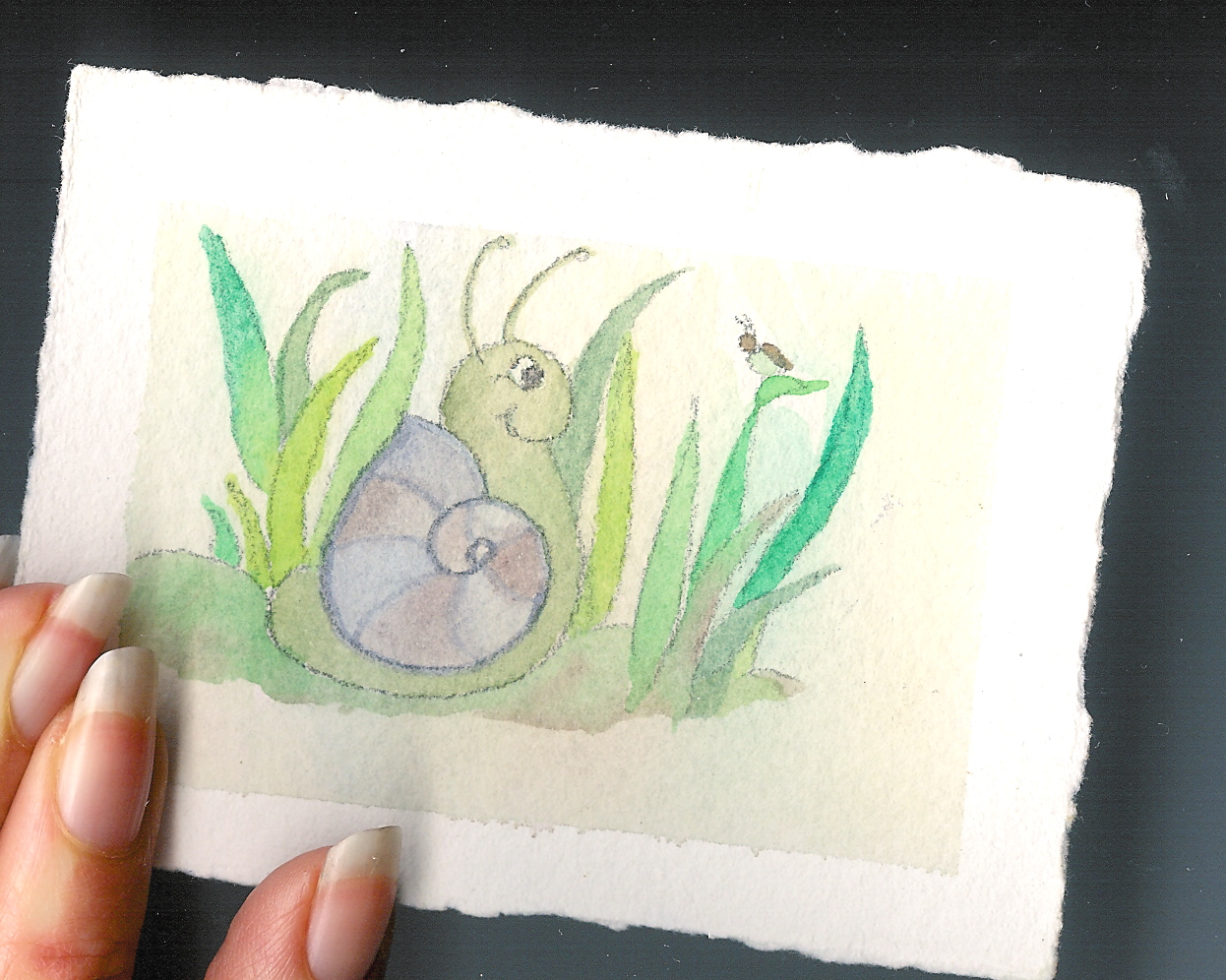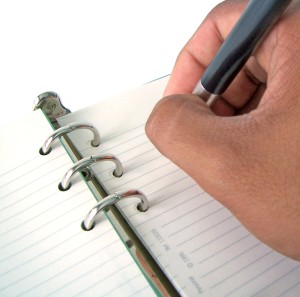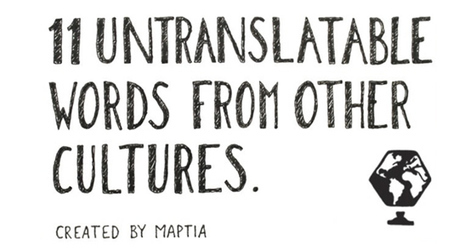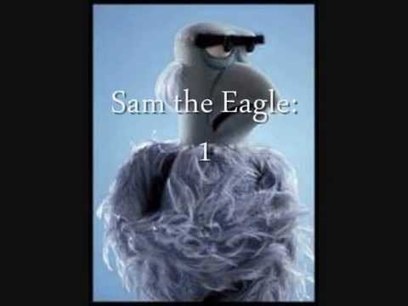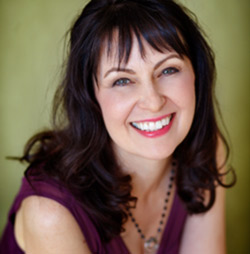Last weekend I ran away for “my selfish weekend.” Alone and unplugged, I focused on creativity and restoration.
I painted. I walked in the woods. I made collage. I drew a bubble chart of my projects. I wrote poems, worked on my novel.
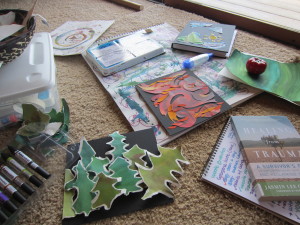 I’d tossed into my bag Healing from Trauma: A Survivor’s Guide to Understanding Your Symptoms and Reclaiming Your Life. I picked it up. It came to me in a fresh wave that indeed, I survived chronic childhood trauma.
I’d tossed into my bag Healing from Trauma: A Survivor’s Guide to Understanding Your Symptoms and Reclaiming Your Life. I picked it up. It came to me in a fresh wave that indeed, I survived chronic childhood trauma.
One thing trauma does is shut a person down. Creativity opens a person up.
As I’ve learned to express myself, I’ve woken up to life.
And life isn’t about being comfortable.
Over the past year, emotions have sharpened. The life force insisted I pay more attention to my inner world. I tackled creative growth with a fierce, new selfishness.
Yet there’s been a sticky sense of guilt. Part of me wants to go back to being the person I used to be.
And, honestly, the people around me have been less than thrilled. One family member said, “Everything’s about you, you, you.”
I could explain what’s happening as healing from post-traumatic stress. Or I could grab another label: midlife crisis, perimenopause, empty nest syndrome, soul recovery.
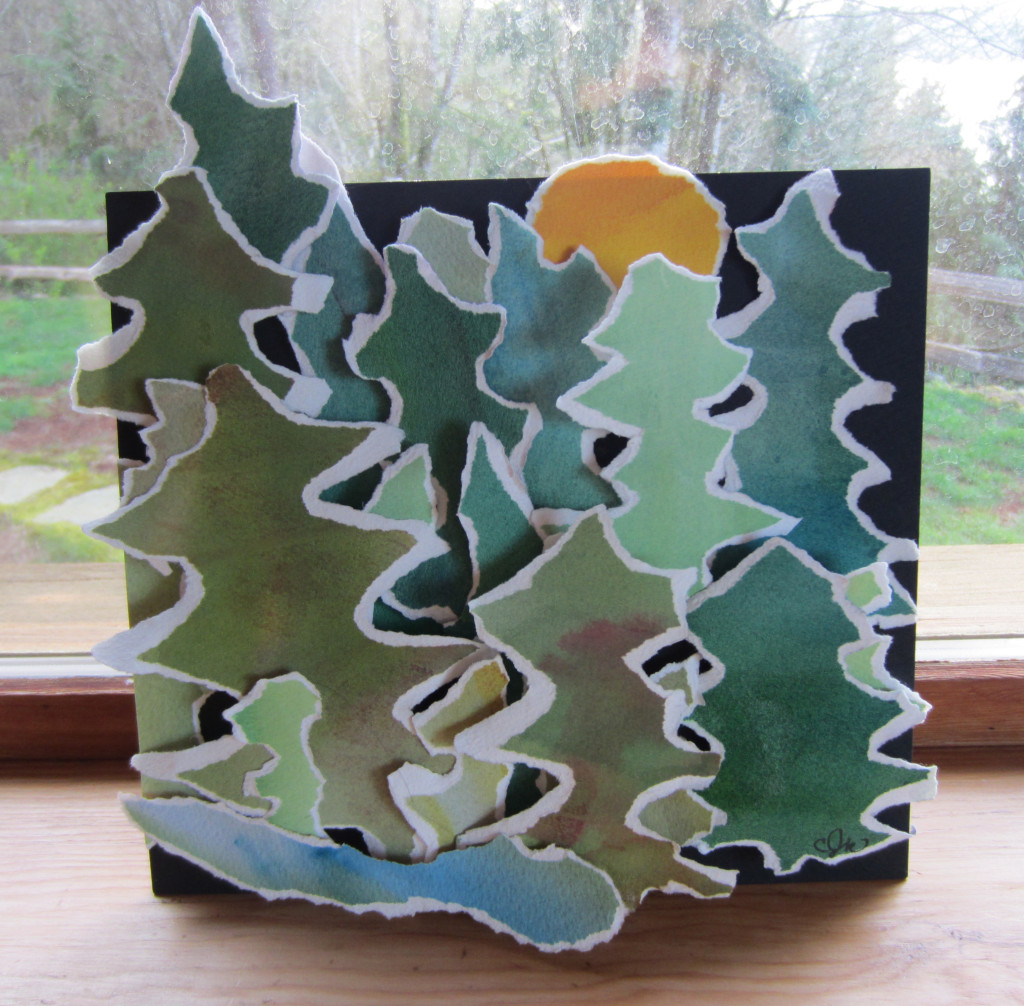 Or I can just call this my beautiful selfishness.
Or I can just call this my beautiful selfishness.
As I told one friend, “I can hardly believe myself. I’ve started doing what I really want to do. I am not all about my husband and kids anymore. I’ve stopped asking permission.”
“Oh, then it’s balanced,” she said.
“What?”
“It’s balanced. When your kids were young, when you were newly married, you focused on everyone else. You spent years doing that. This is a time of putting things into balance.”
I came across this in Healing from Trauma:
“It’s okay to enjoy yourself,” writes author Jasmin Lee Cori. “It’s okay to let go of others’ suffering as well as your own and for a little time be ‘selfish.’ Actually it’s not selfish; it’s self-regeneration. It’s a very human capacity that helps keep us alive.”

Yes, giving ourselves time and permission to create, play, and heal can feel selfish. But it’s our birthright. It’s being alive.
I must claim all of this if I’m going to help anyone else do the same. The more care I give my soul, the more I can care for others.
This selfishness is crucial to wholeness.
It’s balanced.
It’s beautiful.

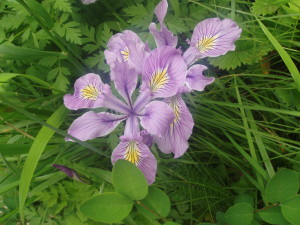 To highlight National Poetry Month, I’ve been talking in Burn Wild class about how each poet brings something new to the definition of poetry.
To highlight National Poetry Month, I’ve been talking in Burn Wild class about how each poet brings something new to the definition of poetry.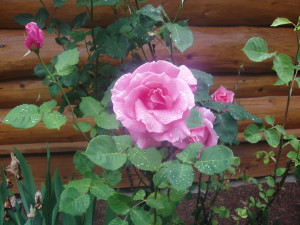
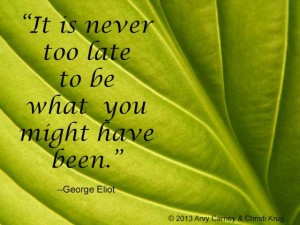 The poet William Stafford lived the spirit of
The poet William Stafford lived the spirit of 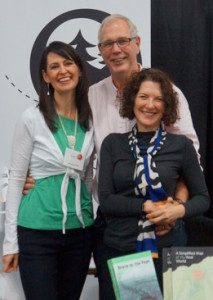
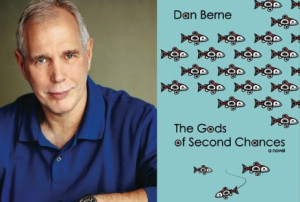 I’m not sure how it works, scientifically, but knowledge peaks through live human contact. I’m sure of it.
I’m not sure how it works, scientifically, but knowledge peaks through live human contact. I’m sure of it.